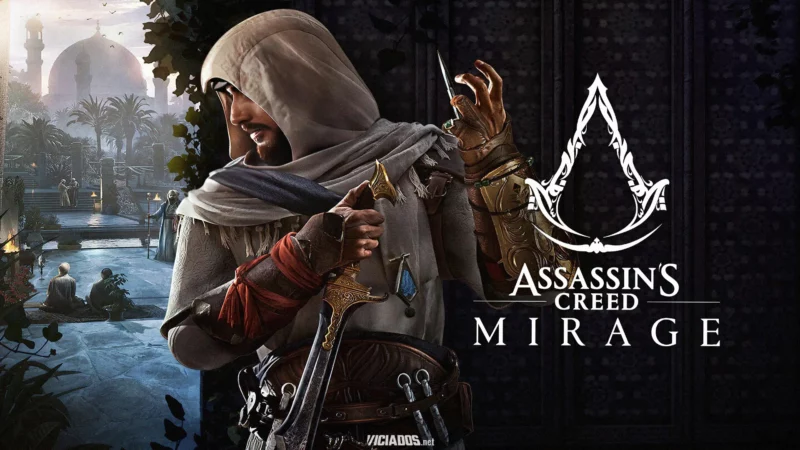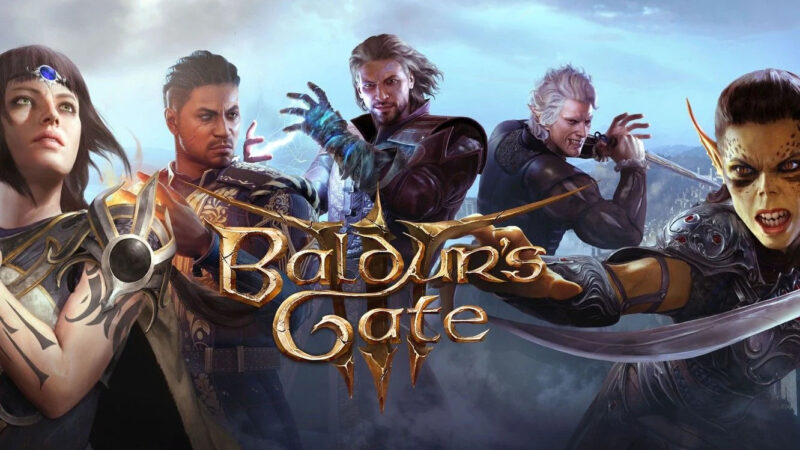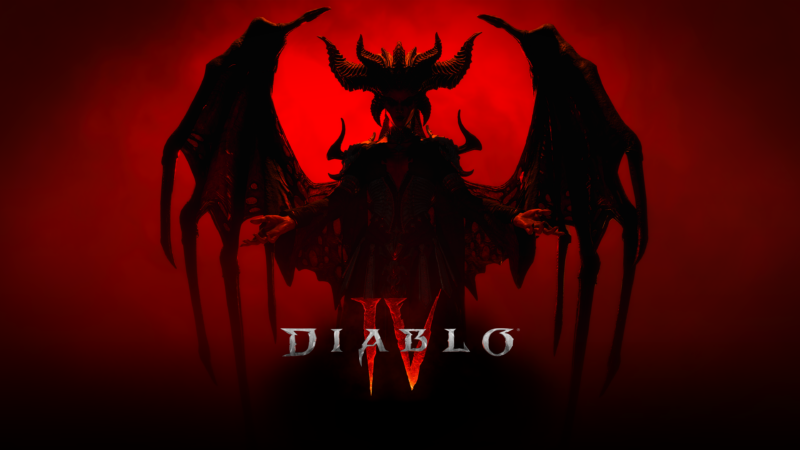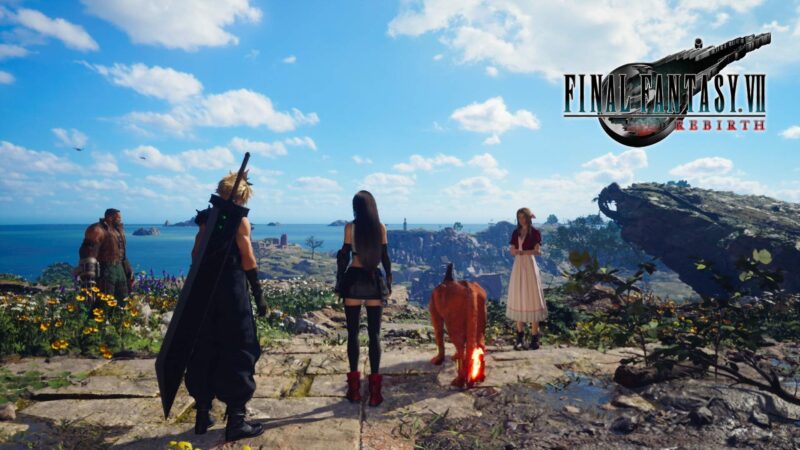Mission: Impossible has more in common with Resident Evil than you might think
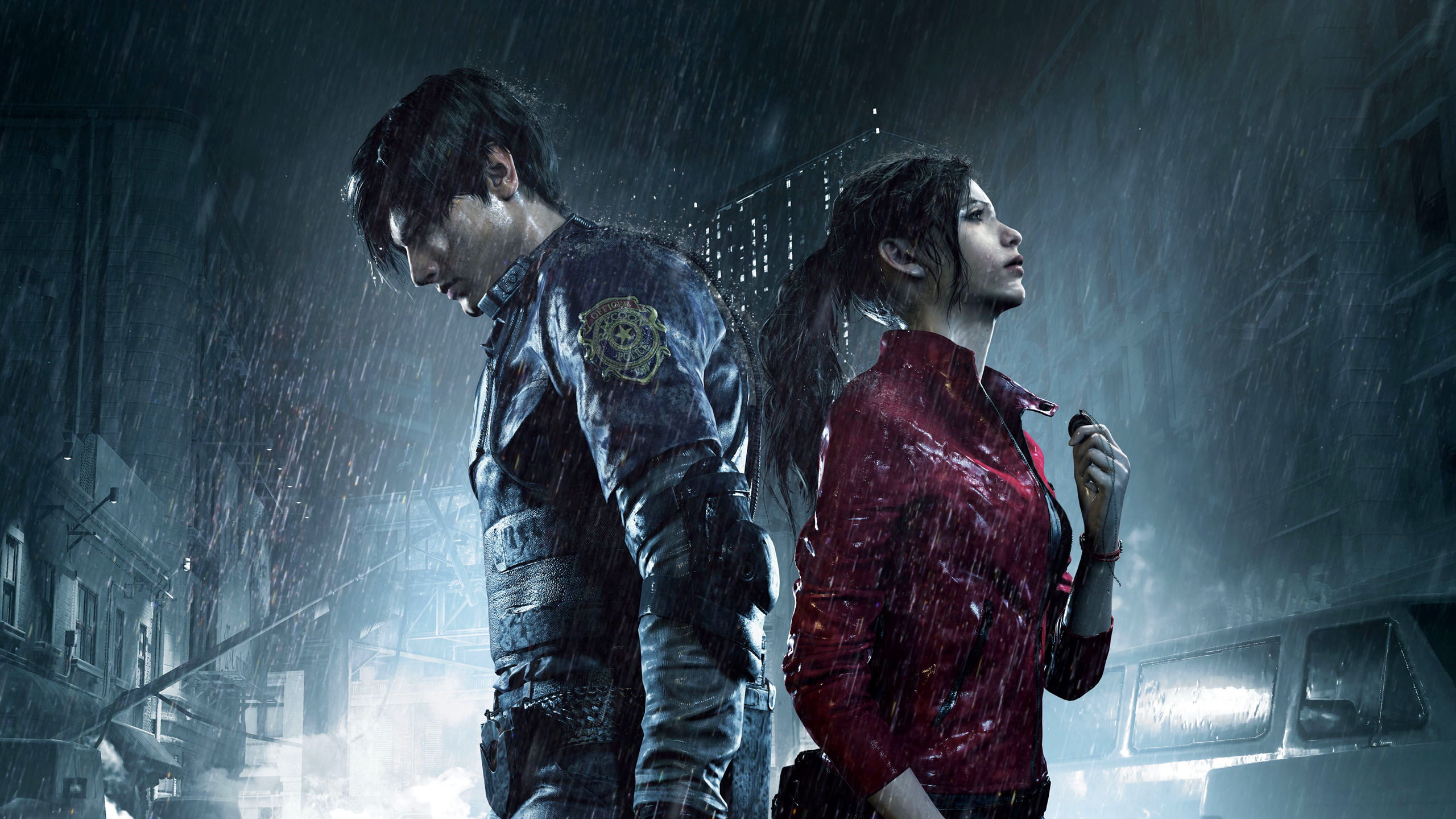
Mission: Impossible and Resident Evil – two names that evoke different worlds of intrigue, action, and suspense. One is a long-standing espionage franchise that originated from a classic TV series, while the other is a renowned survival horror universe that emerged from the realm of video games. At first glance, it may seem that these two juggernauts of popular culture have little in common. However, if you dig deeper, you’ll discover fascinating parallels that connect Mission: Impossible and Resident Evil in unexpected ways. So, fasten your seatbelts, and let’s embark on a thrilling journey to explore the hidden links between these iconic franchises.
The Origins of Mission: Impossible and Resident Evil
To understand the remarkable similarities between Mission: Impossible and Resident Evil, we need to rewind to their origins. Mission: Impossible, a television series created by Bruce Geller, first graced our screens in 1966. It was a product of its time, showcasing the covert operations of the Impossible Missions Force (IMF) as they tackled dangerous missions to safeguard the world from perilous threats.
Resident Evil, on the other hand, came to life in 1996, thanks to the visionary work of Shinji Mikami and Capcom. The groundbreaking video game introduced players to the terrifying world of survival horror, combining elements of suspense, puzzle-solving, and heart-pounding action. As players stepped into the shoes of characters like Chris Redfield and Jill Valentine, they faced hordes of menacing zombies and other grotesque creatures.
Explosive Action and Intense Thrills
When you think of Mission: Impossible, the first images that come to mind are likely jaw-dropping action sequences and adrenaline-pumping stunts. From Tom Cruise hanging off the Burj Khalifa in “Ghost Protocol” to the breathtaking helicopter chase in “Fallout,” the franchise has become synonymous with daring feats that keep audiences at the edge of their seats.
Resident Evil, too, has its fair share of pulse-raising moments. The games are rife with heart-stopping encounters with hordes of zombies, mutants, and monstrous creatures. Whether it’s conserving ammunition while cornered by undead foes or solving puzzles under pressure, the tension in Resident Evil keeps players engrossed in a world where survival is a constant struggle.
The Role of Secret Agencies
In both Mission: Impossible and Resident Evil, secret agencies play pivotal roles in driving the narratives forward. In the Mission: Impossible series, the IMF serves as the backbone of the stories, assembling a team of skilled agents led by the indomitable Ethan Hunt (portrayed by Tom Cruise). Together, they engage in daring missions that often involve infiltrating high-security facilities and outwitting cunning adversaries.
Similarly, Resident Evil revolves around the sinister activities of the Umbrella Corporation, a shadowy pharmaceutical conglomerate with nefarious intentions. The Special Tactics and Rescue Service (S.T.A.R.S) faces the horrifying consequences of the corporation’s unethical experiments, pitting its members against bio-engineered monstrosities. Both IMF and S.T.A.R.S share the burden of safeguarding humanity from imminent threats.
Unforgettable Characters
At the heart of any successful franchise are its iconic characters, and both Mission: Impossible and Resident Evil boast memorable protagonists who have left an indelible mark on pop culture.
Ethan Hunt, the charismatic spy with a penchant for pulling off the impossible, serves as the face of Mission: Impossible. His determination, resourcefulness, and unwavering commitment to his team make him a hero audiences can rally behind. Over the years, Hunt’s character has evolved, and with each installment, we witness new dimensions to his persona.
Resident Evil introduces us to Alice, a compelling character portrayed by Milla Jovovich in the movie adaptations. Her journey from an amnesiac survivor in the first movie to a fearless warrior taking on the Umbrella Corporation showcases her transformation into a symbol of resilience and hope.
Intricate Plots and Twists
As you delve into the narratives of Mission: Impossible and Resident Evil, you’ll find yourself entangled in webs of complex plots and surprising twists. In Mission: Impossible, double-crosses, deception, and high-stakes espionage are recurring themes that keep viewers guessing until the final moments.
Similarly, Resident Evil games are known for their captivating plots filled with government conspiracies, sinister experiments, and shocking revelations. Players are often left wondering whom they can trust as they uncover dark secrets within the game’s eerie settings.
Global Impact and Cultural Influence
Mission: Impossible and Resident Evil have transcended boundaries and achieved global popularity, resonating with audiences around the world.
The Mission: Impossible films are renowned for their globe-trotting adventures, taking audiences to breathtaking locations while showcasing different cultures. The franchise’s international appeal has contributed to its immense success at the global box office.
Resident Evil, too, has made a significant impact on a global scale. The games have garnered a massive following, and the movie adaptations have proven to be a commercial success despite mixed critical reception. Its influence on the survival horror genre can be felt in various video games that followed in its footsteps.
The Multimedia Journey
The success of Mission: Impossible and Resident Evil has extended beyond their original mediums. Mission: Impossible successfully transitioned from a classic TV series to a blockbuster movie franchise. Tom Cruise’s portrayal of Ethan Hunt has become synonymous with the character, captivating new audiences while paying homage to the original series.
Resident Evil’s journey to the silver screen was equally eventful. The movie adaptations, starring Milla Jovovich, introduced the iconic character of Alice and brought the horror elements of the games to a broader audience. Despite some deviations from the source material, the movies succeeded in capturing the essence of the games and appealing to both fans and newcomers.
Fan Base and Fandoms
Over the years, both Mission: Impossible and Resident Evil have cultivated dedicated fan bases that passionately support their respective franchises.
Mission: Impossible’s fandom spans generations, with fans who grew up watching the original TV series and a new generation that fell in love with the high-octane movies. The franchise’s ability to consistently deliver thrilling action and engaging storytelling has earned it a loyal following.
Resident Evil enthusiasts are equally enthusiastic, with fans deeply invested in the characters, lore, and gameplay. The franchise’s success is evident in the numerous sequels and spin-off titles that cater to the demands of its devoted fan base.
Crossover Possibilities
Given the overlap in action-packed storytelling and the presence of secret agencies in both universes, fans have often speculated about the potential for a Mission: Impossible x Resident Evil crossover.
Imagine the explosive spectacle of Ethan Hunt teaming up with Resident Evil’s characters to take down a formidable global threat. Such a crossover could combine the best elements of espionage and survival horror, creating an unforgettable cinematic experience.
While official crossovers have yet to materialize, fan art, fan fiction, and online discussions abound with exciting ideas of how these two worlds could collide.
Video Games and Movies: Challenges and Successes
Adapting a successful franchise from one medium to another comes with its own set of challenges and opportunities.
The Mission: Impossible video games faced the difficulty of capturing the essence of the movies while delivering interactive gameplay. Some titles achieved moderate success, while others struggled to meet fan expectations.
Conversely, Resident Evil’s transition to the big screen was met with mixed reactions. The movies, while financially successful, encountered criticism from die-hard fans of the games who desired a more faithful adaptation. Nonetheless, the film series found its own unique identity and a dedicated fan base, showcasing the versatility of the Resident Evil universe.
Behind the Scenes: Creators and Visionaries
The success of Mission: Impossible and Resident Evil can be attributed to the creative minds and visionaries who shaped their respective journeys.
Mission: Impossible’s enduring appeal owes much to Tom Cruise’s commitment to performing his stunts and the talented filmmakers who brought the stories to life. The dedication to practical effects and real stunts has set a new standard for action filmmaking.
Resident Evil’s creator, Shinji Mikami, and the team at Capcom laid the foundation for the franchise’s success. The fusion of horror, action, and puzzle-solving in the games set them apart from traditional survival horror titles, earning them critical acclaim and a devoted fan base.
Lessons from the Action and Horror Genres
Mission: Impossible and Resident Evil have both left their mark on their respective genres, offering valuable lessons for future creators.
Mission: Impossible’s influence on action cinema is undeniable. The franchise has shown that audiences crave high-octane stunts and captivating storytelling, redefining the spy-action genre for modern audiences.
Resident Evil’s impact on survival horror games can be seen in the plethora of games that incorporate horror elements and immersive storytelling. The success of the franchise has demonstrated the enduring appeal of horror games and the power of atmospheric experiences.
The Future of Both Franchises
With a wealth of stories left to explore, the future looks bright for both Mission: Impossible and Resident Evil.
Mission: Impossible continues to surprise and thrill audiences with each new installment. The franchise’s ability to reinvent itself while staying true to its core principles has kept it relevant and exciting.
Similarly, Resident Evil remains a force in the gaming and film industries. The recent remakes and successful entries in the game series have reinvigorated interest in the universe, ensuring that the world of survival horror is far from dormant.
Conclusion
In conclusion, the worlds of Mission: Impossible and Resident Evil are intricately connected through shared themes, unforgettable characters, and the enduring impact they have had on popular culture. The high-octane action of Mission: Impossible finds resonance in the survival horror of Resident Evil, and the dedication of their fan bases testifies to their lasting legacies.
So, whether you’re an avid fan of Ethan Hunt’s daring escapades or prefer to navigate the nightmarish streets of Raccoon City, it’s clear that these two franchises have more in common than meets the eye. As we look forward to new adventures and surprises from both universes, we can’t help but wonder about the possibilities of a crossover that would unite these two iconic worlds in a grand spectacle.
FAQs
Q1: Is there any official collaboration between Mission: Impossible and Resident Evil? As of now, there is no official collaboration between the two franchises. However, fans have long speculated about the potential for an epic crossover, combining the action-packed elements of Mission: Impossible with the horror survival of Resident Evil.
Q2: How many Mission: Impossible movies are there, and is Tom Cruise in all of them? As of the article’s publication, there are seven Mission: Impossible movies, with Tom Cruise portraying Ethan Hunt in all of them. Tom Cruise’s commitment to performing his own stunts has become one of the franchise’s defining features.
Q3: Are there any plans for new Resident Evil games or movies in the near future? Capcom, the developer of Resident Evil, has a strong commitment to the franchise and regularly releases new games and remakes. Additionally, the success of the movie adaptations has sparked interest in further exploring the Resident Evil universe on the big screen.
Q4: What are the most critically acclaimed Resident Evil games in the series? Some of the most critically acclaimed Resident Evil games include “Resident Evil 2” (1998), “Resident Evil 4” (2005), and the recent remakes of “Resident Evil 2” (2019) and “Resident Evil 3” (2020).
Q5: Who are the main villains in the Resident Evil game series? Throughout the Resident Evil series, the main antagonistic force is the Umbrella Corporation, a shadowy pharmaceutical company responsible for the creation of bioweapons and viruses. The company’s unethical experiments lead to the outbreak of zombie and mutant creatures, creating the nightmarish settings of the games.

